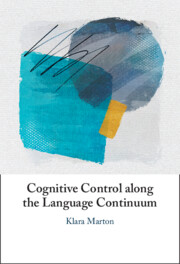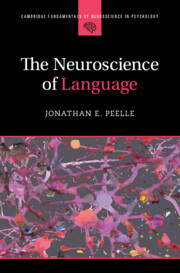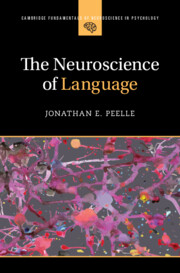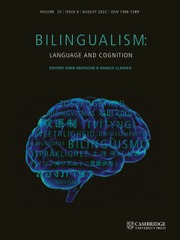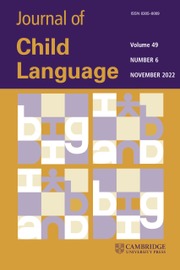Cognitive Control along the Language Continuum
This book provides a comprehensive review of the interactions between language and cognitive control in children. Broadening its scope beyond specific dimensions of language and cognition, it provides an extensive review of the dynamic changes in cognitive control along the entire language continuum. It integrates behavioral and neurophysiological findings from different disciplines, such as bilingualism, cognitive psychology, and communication disorders. A better understanding of the relationship between cognitive control and language in various speakers allows us to develop more sensitive experimental paradigms, as well as more efficient assessment and intervention methods. This title is part of the Flip it Open Programme and may also be available open access. Check our website Cambridge Core for details.
- Integrates findings on cognitive control and language from the perspectives of cognitive psychology, bilingualism, communication sciences and disorders, and second language acquisition
- Points a way forward for future research with linguistically and culturally diverse populations in the study of human cognition and language
- Connects behavioral and neurophysiological findings
Product details
June 2024Hardback
9781108834193
228 pages
229 × 152 × 14 mm
0.485kg
Available
Table of Contents
- Introduction
- 1. The language continuum
- 2. Cognitive control
- 3. Methodological issues
- 4. The effect of age on first language acquisition, second language learning, and cognitive control development
- 5. Associations between language ability, language proficiency, and cognitive control
- 6. The impact of language input on cognitive control
- 7. Cognitive control and social context of language use
- 8. Processing speed and cognitive control
- 9. Cognitive training and language
- 10. Conclusions.

